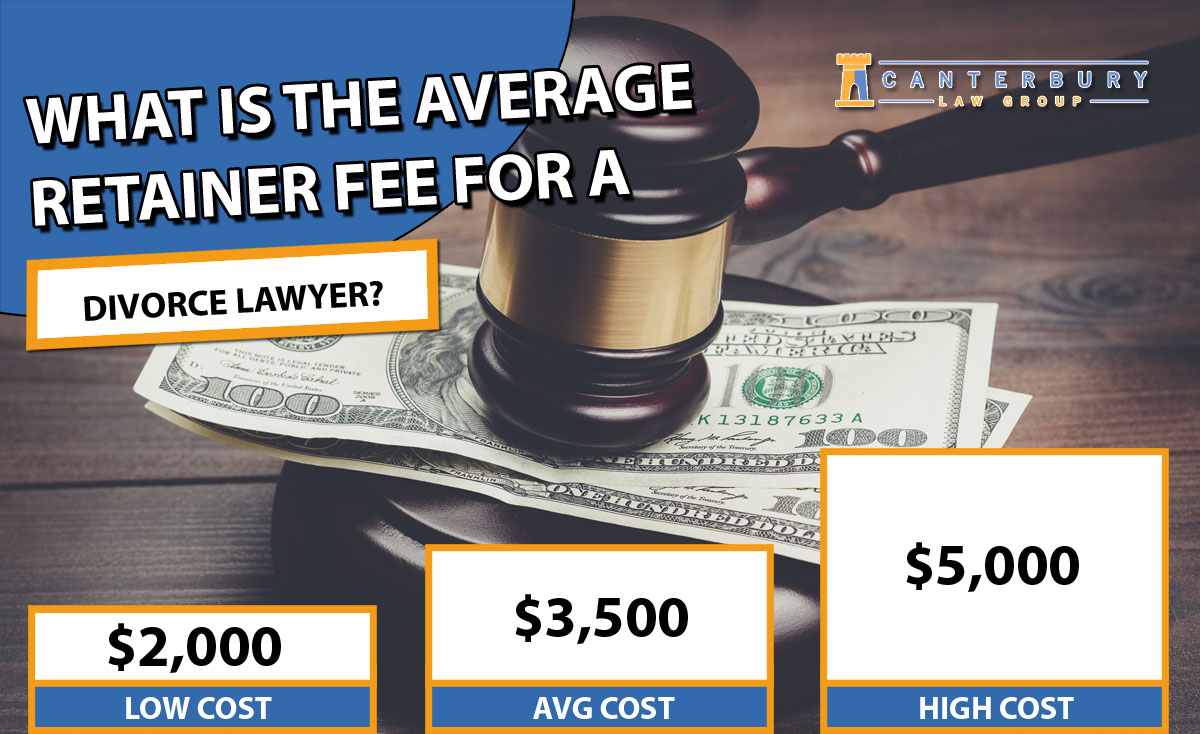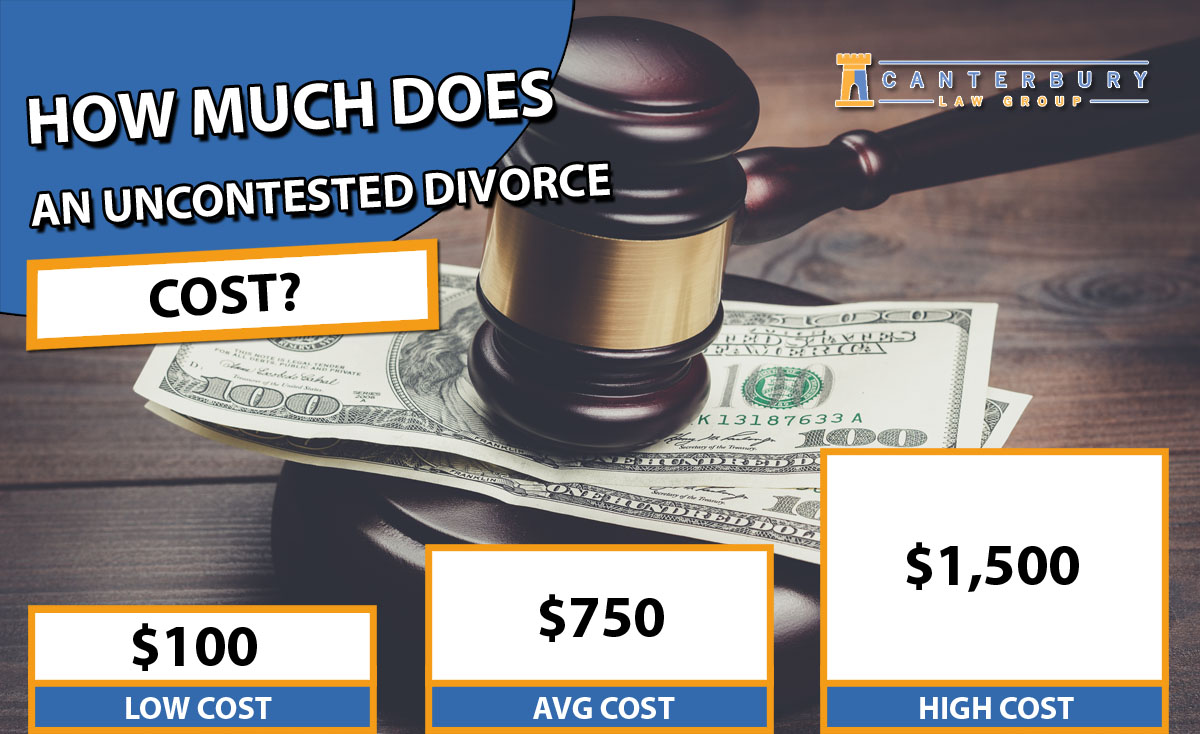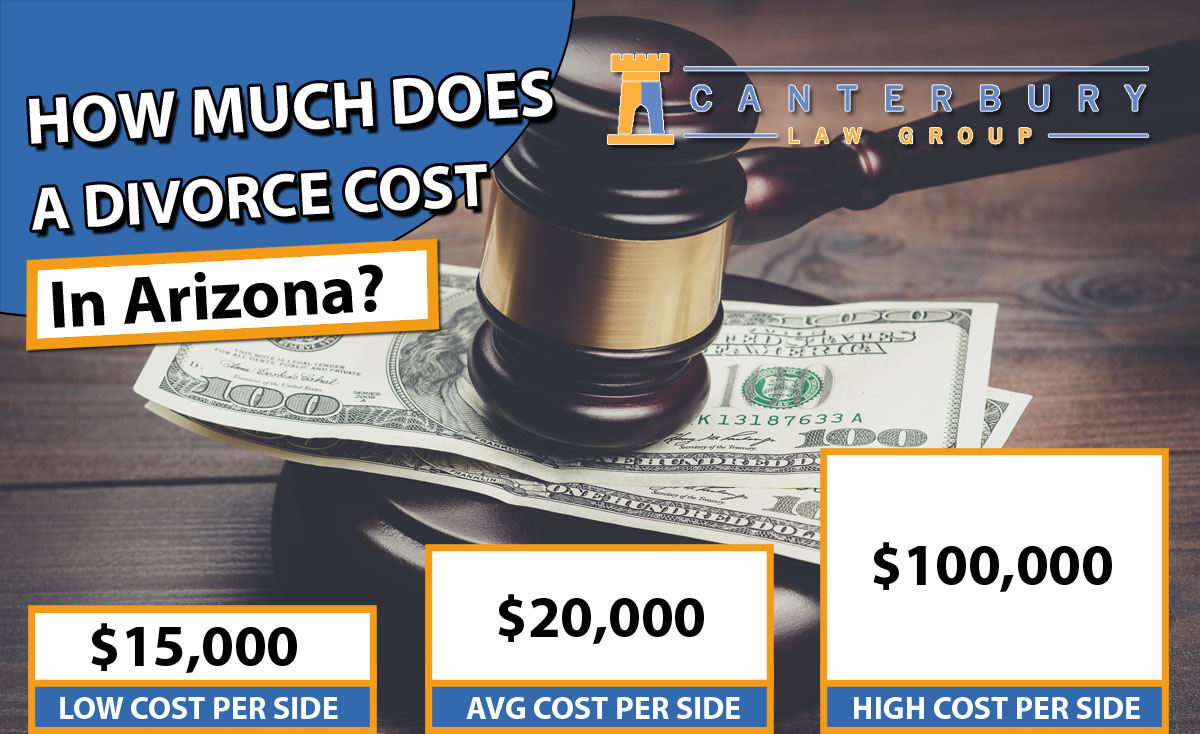Reasons For Legal Separation

Deciding on a legal separation or a divorce is often a tough and emotional choice to make. There are many things to consider and in this post is a list of reasons couples often experience leading to legal separation or divorce. Every relationship is different and there are often difficult legal issues to handle. A divorce attorney is the person who can best educate you with any outstanding legal issues dealing with divorce and legal separation.
Legal Separation Reasons
- When a couple are not sure if they want to go forward with a divorce, a legal separation can be the way to go as the couple may reconcile, this procedure can be taken-back, which is not the case with a divorce and with the advantage of having no reason to get remarried if you just separate, as the marriage has not gone through a dissolution.
- Often couples choose not to divorce to uphold the vows they made on their wedding day, but legal separation can work if they want to live apart from each other.
- If children are involved, there may be a greater emotional impact on them if a divorce goes through so some couples decide to wait until the children are fully grown before proceeding with a divorce.
- When couples have lengthy separations, it allows enough time for the couples to address matters that will be dealt with in the divorce process such as financial issues and property division. The separation often becomes a time where debts and assets can be untangled as the passage of time goes by.
Divorce Reasons
- When a couple have no plans to ever reconcile, a divorce may be the best way to go.
- A divorce may be for the best if one or both partners are heading into different relationships. Especially as some states say that having sexual relations or dating someone who is not your spouse is adultery. State laws vary greatly on this as do the consequences and how they are applied. For these reasons, if one of the partners intends to date, a divorce may be the best option.
State Laws
There are states who have chosen not to recognize legal separation:
- West Virginia and Maryland use the term “limited divorce” for a legal separation.
- Virginia, New Jersey and Rhode Island call it: “Divorce From Bed And Board.”
- Oklahoma, Michigan, Massachusetts, Georgia and Mississippi do not recognize legal separation but have their own procedures to separate assets while maintaining the marriage.
- North Carolina and South Dakota do not have legal separation options. if you live in those states, you have to follow divorce proceedings.
Source: “Choosing Legal Separation or Divorce – Common Situations.” Rocket Lawyer, https://www.rocketlawyer.com/article/choosing-legal-separation-or-divorce—common-situations.rl.
Need a Legal Separation Lawyer in Scottsdale or Phoenix?
As family court lawyers, we have built a network of Arizona mediators, attorneys, tax specialists, estate planners, financial planners, child specialists, real property appraisers, adult and child therapists and parenting coordinators who are here for you if you ever need them. Our lawyers, divorce mediators and collaborative divorce attorneys in Scottsdale are here to make your divorce less stressful and keep you in control and the costs contained. Call today for an initial consultation at 480-744-7711 or [email protected]. Our family lawyers can also help with divorce litigation, child custody, legal guardianship, paternity, prenuptial agreements, and more.
*This information is not intended to be legal advice. Please contact Canterbury Law Group today to learn more about your personal legal needs.










